Years ago, I mentioned to a Black friend that I was working on a novel exploring racism in the South, his reaction caught me off guard. Instead of complimenting my liberalism, he laughed and then quipped, “Another book on race written by a white guy. Just what we need.” Even through the laughter, his words stung.
Then, his tone shifted, becoming serious. “Promise me one thing, Jon,” he said. “Don’t give us another To Kill a Mockingbird.”
That was another shock. “What’s wrong with To Kill a Mockingbird?” I asked defensively. After all, it was one of my favorite stories—a narrative I admired and aspired to emulate as a writer. “I love that book,” I said.
“Of course you do,” he replied. “Every white person wants to be Atticus Finch. You get to feel sorry for another poor, ignorant Black man who’s lucky enough to get himself a white savior. But hell, if I’ll let my little girls read it!”
He told me the last thing Black people needed was another victim for white folks to pity. “I don’t want my children to grow up thinking they have to wait around for the white man to save them, because he ain’t coming.” He smiled and then winked. “In case you haven’t noticed, we’ve been saving ourselves for over 400 years, thank you very much. It’s just not written downin your history books.”
This was news to me. All I could do was nod.
“I got an idea,” he said. “Why don’t you come up with a Black hero? Somebody I’d want my girls to grow up to be – so, they can save themselves. Maybe a strong Black woman. I'd let them read that.”
It was a good question. I was raised on a diet of history books, novels, and movies that mostly depicted Black characters as either derelicts or monsters or long-suffering victims, beholden to white benevolence.
To create a believable Black hero, I needed to learn a lot more about African Americans. I guess that was my friend’s point, after all. His confrontation inspired a 20-year investigation into not only Black history but my own. It took me back home to Mississippi, searching for stories of Black heroism that history books and popular myths had omitted or rewritten, emasculating the Black hero and inserting a white savior instead.
I was astounded by what I found. In To Kill a Mockingbird, Black people were true victims, helpless and voiceless. Yet the stories I heard from Black Mississippians who had lived through that era depicted a fearless people who were passionate about their families and community. To keep their families together and safe took great acts of courage. Just to get their children a decent education in a racist, segregationist state, they took risks that made Atticus’s bravery pale in comparison. People said, yes, they were victimized, but they didn’t see themselves as victims. Nor did they didn’t want their children to see themselves that way. Once I started looking, there were acts of Black heroism everywhere.
I asked a retired sharecropper who had worked all his life growing cotton on a white man’s land why he thought the history of his people was not in any of the books I had read. He smiled and said, “Around these parts, it seems when God handed out possessions, he gave the white man the pencil and the Black man the plow.”
I guess that sums it up as good as anything.
This journey to understand the unwritten Black story completely transformed not only how I see our nation’s history but also my own. To understand Black history, you have to rewrite your own story. You can’t change the Black story without changing the white one. We are ingredients in the same soup.
Now, when I see movies like The Blind Side or The Help or even listen to TV news, I have to remind myself that this is mostly white people talking to other white people. These stories are shaped to make us feel good about ourselves but can be humiliating and even infuriating to Blacks.
The other day, I saw a t-shirt that read, "Jean Louise, Stand Up, Your Father's Passing." Of course, I recognized the words immediately. They come from my very favorite scene from my very favorite movie, To Kill a Mockingbird. It’s when all the Black people in the courtroom stand to show their gratitude to Atticus Finch after the trial. Reverend Sykes urges Scout (aka Jean Louise) to stand as well. I cry every time. It’s the heart of what makes the white savior theme work –grateful Blacks honoring the heroism of the benevolent white man who tried to save one of their own. It doesn’t surprise me that it’s mostly Black parents who lead the effort to remove this book from schools.
But, in case you’re wondering, Atticus Finch is still my hero. It’s just that I’ve come to realize that the heroes white people love are not the heroes Black people need.








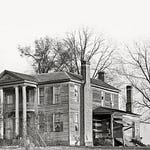
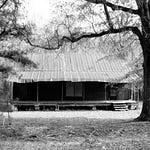
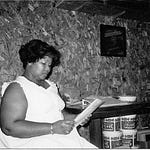
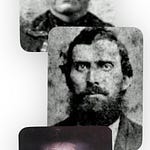
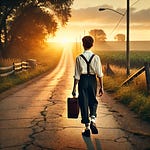
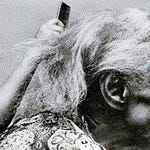
Share this post